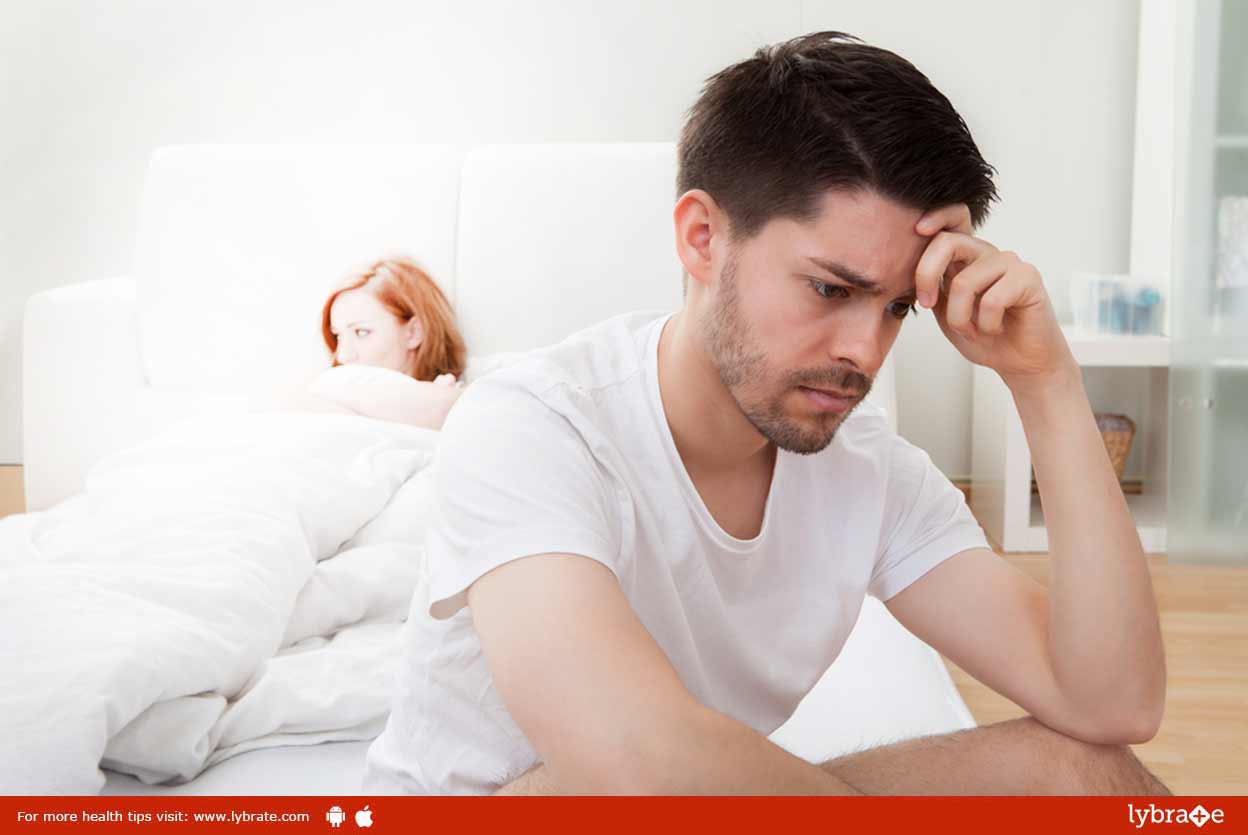By Dr. Sheikh , Sexology
Gonorrhoea is a sexually transmitted disease that is known to affect parts of the body that are moist and warm. These regions include the eyes, throat, anus, vagina and urethra. The condition is a result of infection due to a specific a bacterium called ‘Neisseria Gonorrhoeae’ and the primary form of transmission of the disease is unprotected vaginal, anal or oral sex. Therefore, unprotected sex especially with multiple sexual partners can be considered to be the main risk factor of gonorrhoea. Additionally, this disease is also capable of being passed on from the mother to her child during pregnancy.
Symptoms-
The symptoms of gonorrhoea in men include:
- Swollen testicles
- Pain while urinating
- Discharge of pus from the tips of the penis
The symptoms of gonorrhoea in women include:
- Abdominal cramps
- Excess discharge of fluids from the vagina
- Pain in the pelvic region
- Bleeding from the vagina after intercourse
Tests-
Several methods can be utilized by doctors for diagnosing gonorrhea infections.
- A sample of the fluid from the symptomatic area (vagina, penis, rectum or throat) is taken using a swab and is then placed on a glass slide. A stain would be added to the sample and it would be then examined under a microscope. Gonorrhea infection is a possibility if the cells react with the sample. Although, this technique is relatively easy and quick, there are chances of inaccurate results.
- Similar to the method described above, a sample fluid would be taken on a glass slide. This sample would then be allowed to incubate under ideal conditions for a week or two. The tests would indicate the presence of the gonorrhea infection if there is growth of a colony of gonorrhea bacteria on the sample.
Treatment-
Home remedies and Over-The-Counter medications cannot be used to treat gonorrhoea. A consultation with a professional is mandatory.
- Usage of antibiotics is the most common form of treatment of Gonorrhoea. Antibiotics such as cefixime and ceftriaxone are administered using injections while others such as azithromycin are consumed as tablets.
- In order to prevent a relapse, sex should be avoided till the partner who might be infected is tested and treated.








































